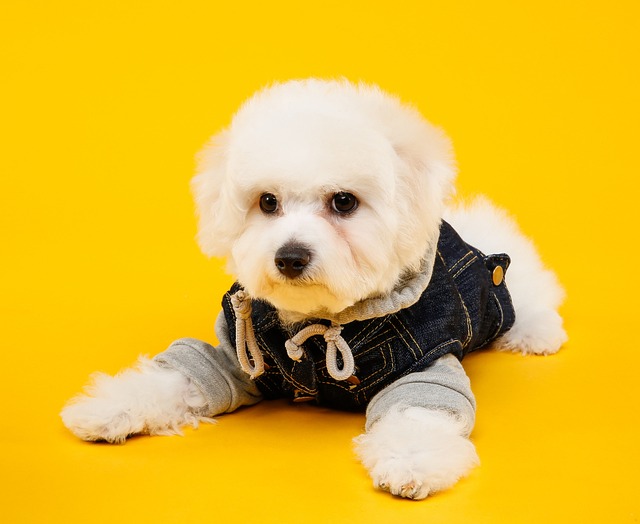
How do i train my dog to be obedient?
Watching your dog dart across the park ignoring your calls isn’t just frustrating—it can put them at risk near busy streets or public spaces.
Bichon Frises are little balls of fluff with personalities bigger than their compact frames. Their eagerness to please makes them quick learners, but that same trait means harsh words or rough handling can crush their spirit. Disciplining these dogs isn’t about punishment—it’s about guiding their naturally curious nature with patience.
Take the classic shoe-chewing scenario. Instead of scolding after the fact, catch them mid-chomp and gently redirect to a chew toy. Say “no” in a firm but calm tone, then praise enthusiastically when they switch. Bichons thrive on positive reinforcement; a treat or extra belly rub works better than raised voices every time.
Consistency is key with this breed. If jumping on guests is off-limits, everyone in the household must enforce that rule. One family member letting it slide while another corrects creates confusion. In cities like Paris or Toronto, where public spaces require well-behaved pets, this consistency helps keep your Bichon from becoming a nuisance during walks.
Timing matters more than intensity. When your Bichon nips during play, yelp softly like another dog would—this signals the behavior hurts. Pause the game for 30 seconds, then resume. They’ll learn that nipping ends the fun, a lesson reinforced by their pack instincts. This method aligns with animal welfare guidelines across most EU countries, which discourage physical discipline.
 Crate training can be a useful tool, but never use it as punishment. Bichons are social creatures and will associate the crate with fear if locked inside out of anger. Instead, make it their safe space with a cozy bed and favorite toy. In many U.S. states, proper confinement is part of responsible pet ownership laws, especially in apartments with noise restrictions.
Crate training can be a useful tool, but never use it as punishment. Bichons are social creatures and will associate the crate with fear if locked inside out of anger. Instead, make it their safe space with a cozy bed and favorite toy. In many U.S. states, proper confinement is part of responsible pet ownership laws, especially in apartments with noise restrictions.
Ignore attention-seeking behaviors like excessive barking. Bichons learn quickly that noise gets them noticed, even if it’s negative. Turn away, stay silent, and only acknowledge them once they quiet down. This teaches them that calmness earns interaction—a skill that keeps neighbors happy and avoids run-ins with local noise ordinances.
End each training session on a positive note. Even a two-minute practice of “sit” or “stay” followed by playtime builds trust. Bichons bond deeply with their owners, and that connection makes them eager to follow rules. Plus, a well-trained dog is welcome in more places—from outdoor cafes in Barcelona to pet-friendly stores in Chicago—keeping you both compliant and connected.
Remember, discipline should strengthen your relationship, not strain it. With Bichons, kindness paired with clear boundaries works wonders. And staying up-to-date on local pet laws? That’s just part of being the best owner you can be.

Watching your dog dart across the park ignoring your calls isn’t just frustrating—it can put them at risk near busy streets or public spaces.

New puppy owners often find themselves rushing to clean up accidents before they set in, and that’s where puppy pad training becomes a game-changer.

If you've noticed your dog's waistline disappearing and your veterinarian has mentioned those few extra pounds, your first instinct might be to simply reduce the amount of food in their bowl.

Training a dog to use a designated spot indoors isn’t as daunting as many new owners fear, but it does take consistency and an understanding of your pet’s needs.

That moment of dread on a walk is all too familiar for many new dog owners. You see another dog approaching down the sidewalk of your neighborhood

If the sight of another dog on your neighborhood walk makes your heart sink as your own dog erupts into a frenzy of barking and lunging, you're not alone.